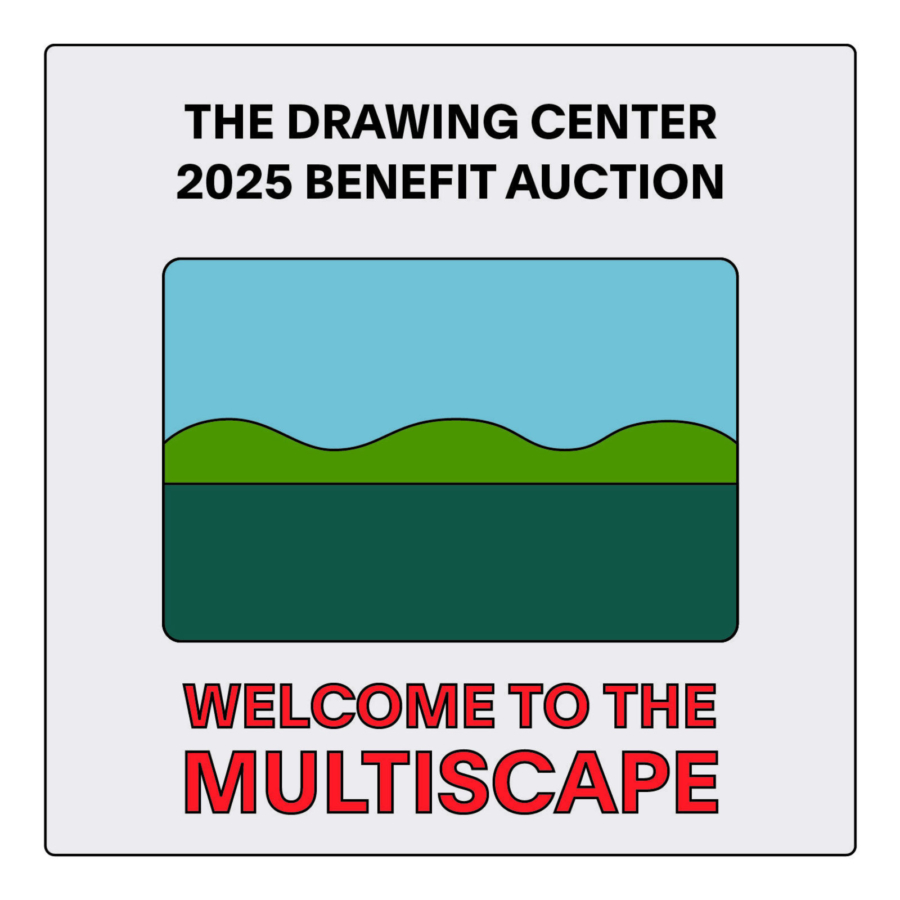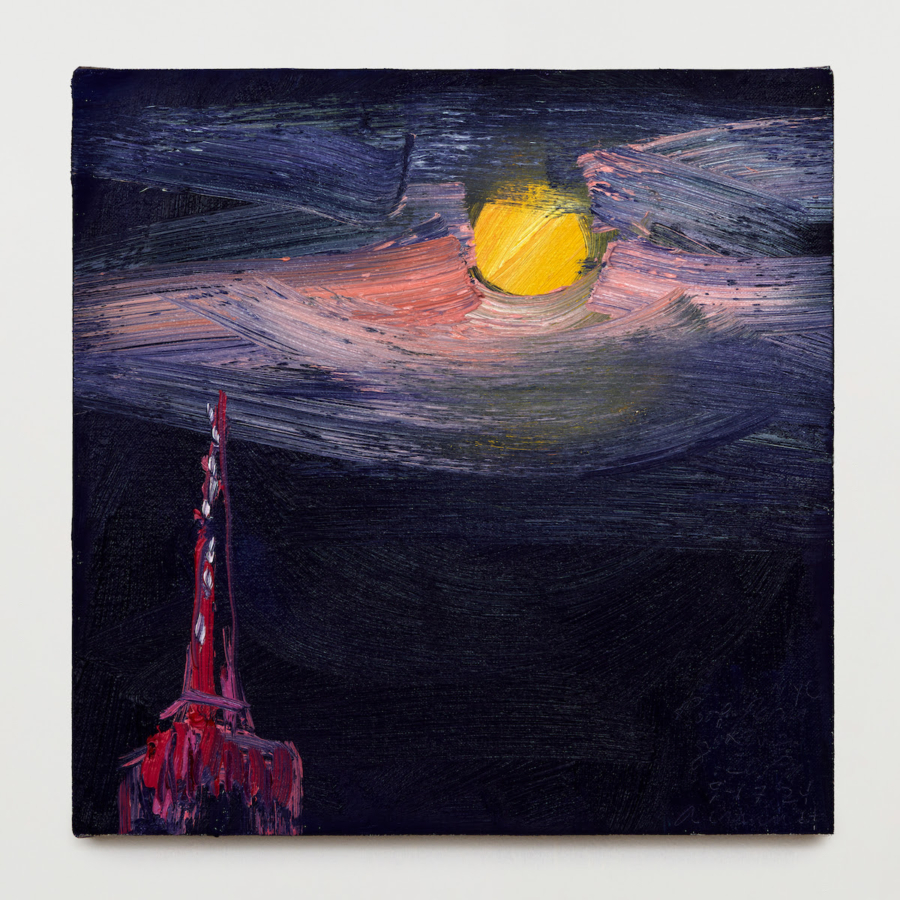August 28, 2024
Download as PDF
View on The Brooklyn Rail
Abstraction is a run-on sentence.
It asks but doesn’t answer.
It is an invitation to an unknown place.
It causes one to dwell in rather than to know.
To think in abstract terms is to think outside of the mainstream, to think for oneself.
Artists today are intimidated to touch upon themes dealing with existentialism, which I connect to Clement Greenberg and the Ab Ex movement, which itself shared the Surrealist idea that art should come from the unconscious. Intersectionality is as close as we can get to talking about any kind of mutually shared plurality. Perhaps because we are all from somewhere else, and have vastly different life experiences, we shy away from discussing ways in which we might be similar out of fear of getting it wrong. Out of fear of getting it wrong. This “fear of getting it wrong,” I believe, is one of the many psychological plagues of today and is connected to our fear of abstraction—in art as well as in thought.
The prevalence of moral policing creates an inhospitable environment for abstract expression of any kind. For an artist to be completely free, they must risk losing their audience, their moral standing within the collective, and this—I believe—is too scary for many. Our need to belong is strong. Our tribalism roots run deep. “The gesture on the canvas was a gesture of liberation, from value—political, aesthetic, moral.” So said Harold Rosenberg of the American Action Painters. Contrary to this moral freedom, today’s artist is expected to be a responsible citizen—someone we would feel comfortable aligning ourselves with politically and morally. There are unspoken rules the artist must follow. Can a painter be great and also Christian? Who is allowed to be religious? I am not arguing for a return of Greenbergian ideas but I am still interested in the sublime.
“Free marks are a gesture of rage,” says Anne Carson in her essay “Variations on the Right to Remain Silent.” She goes further:
One of the oldest myths we have of this gesture is the story of Adam and Eve in the garden of paradise. Why did Eve put a free mark on that apple? To say she was seduced by the snake or longing for absolute knowledge or in search of immortality are posterior analytics. Isn’t the simple fact of the matter that she was bored? Adam had just performed the primordial act of naming, had taken the first step towards imposing on the wide-open pointless meaningless directionless dementia of the real a set of clichés that no one would ever dislodge, or want to dislodge—they are our human history, our edifice of thought, our answer to chaos. Eve’s instinct was to bite this answer in half.
Like Eve’s transgressive act of biting, abstraction in art and thought has the power to destabilize the status quo, to turn the world of names on its head.
There is no avant-garde today. Nothing can be utterly shocking anymore. Social media has flattened and sped up the conveyor belt of images and the collective unconscious has an insatiable appetite. We want more even though we know more is not better.
I believe a new kind of Abstract Expressionism is on the rise, but it is still in the incubation stage. There are a good number of artists who are invested in other worldly, surrealistic scapes—a group I align myself with. We seem to share a desire to peek behind the veil, to go beyond our personal stories, to dig into the anxious psyche of social media and the desire to connect with something greater than ourselves. Are we wanting to touch the sublime?
Within academia, a stuffy sort of conservatism stunts the spirit of today’s artist and a new kind of avant-garde is necessary to pierce this repression. Claire Dederer’s thought provoking book Monsters: A Fan’s Dilemma asks how are we to deal with the psychological tension of liking the work of an artist while knowing that artist is a morally reprehensible individual. She quotes Gillian Rose as she concludes: “There is no democracy in any love relation: only mercy.”
Art should not tell us what we already know. It should allow us to question our beliefs; in fact, it should make us uncomfortable. Abstraction has a way of doing this in a subtle way, it has a way of working on us by undoing us.


